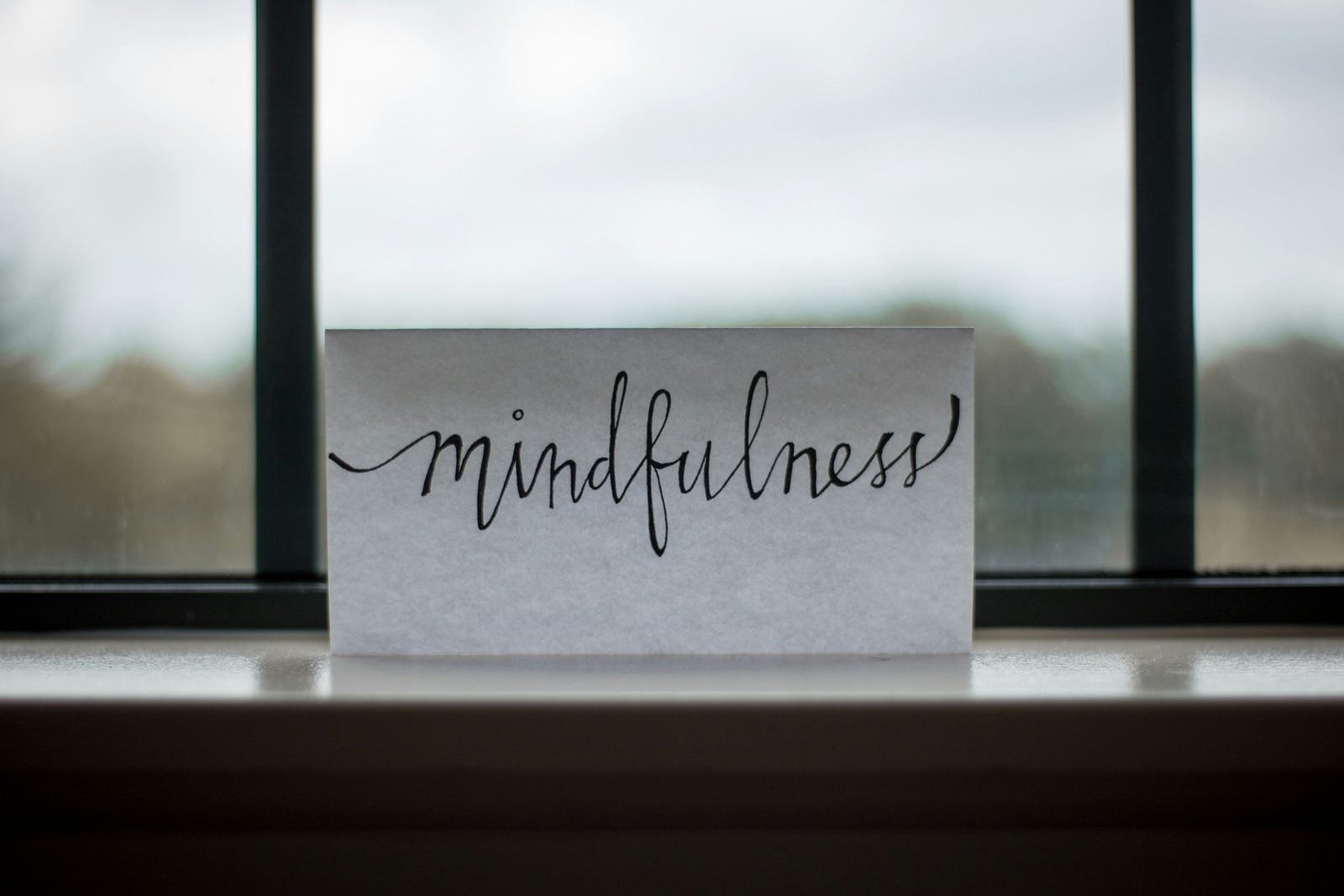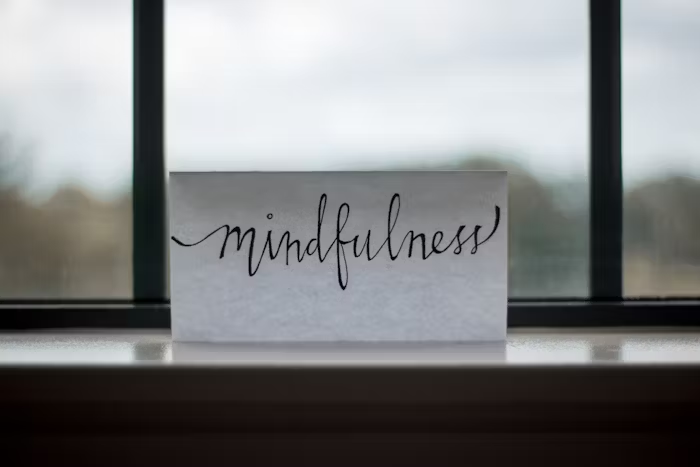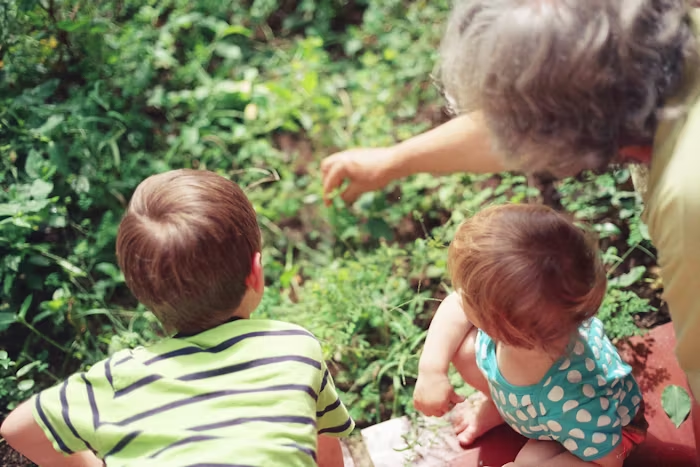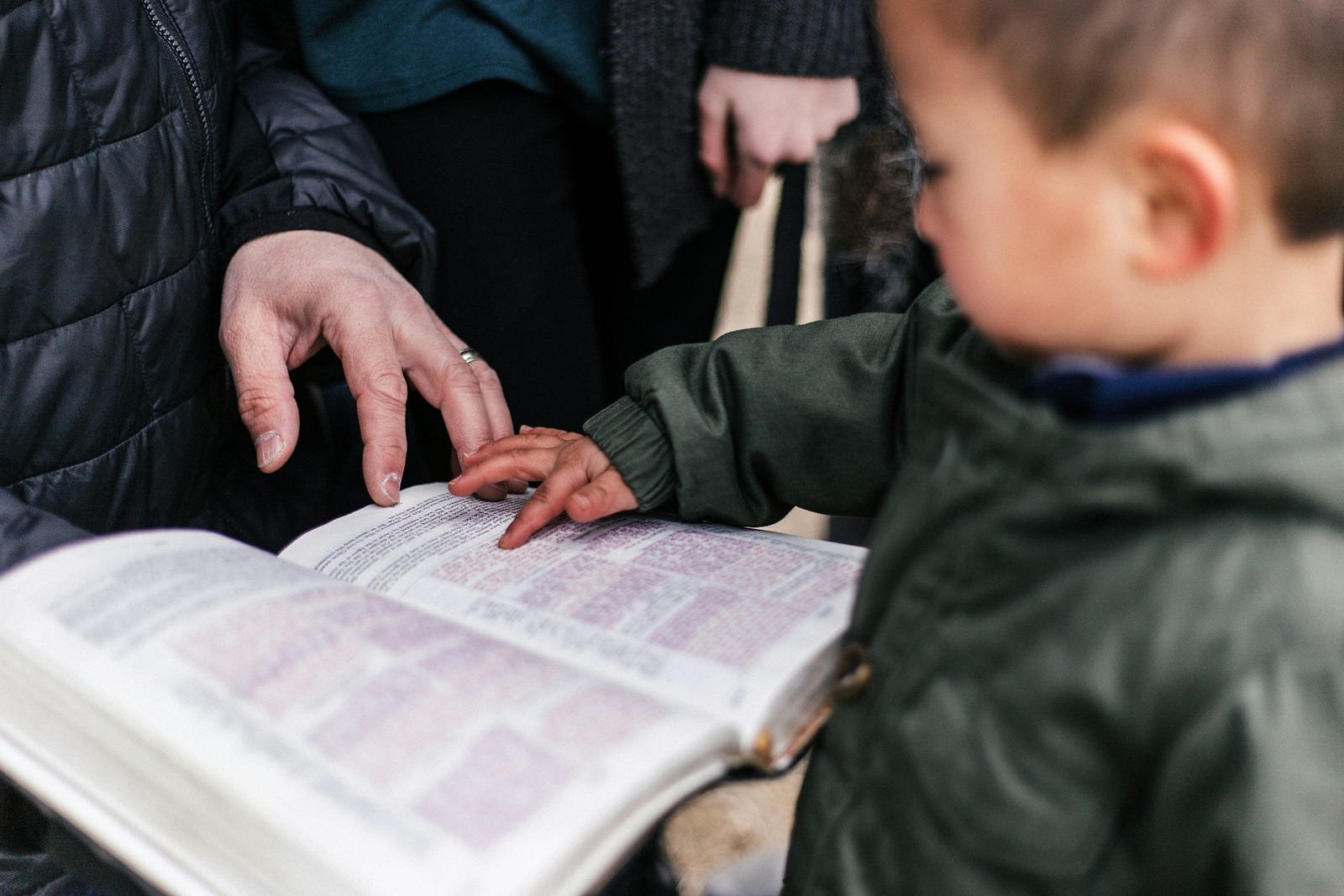In a world that’s constantly buzzing with notifications, deadlines, and distractions, finding moments of calm can feel impossible. Yet, the secret to navigating the chaos and staying grounded lies in one powerful practice: mindfulness.
Building a daily mindfulness routine can transform your mental clarity, emotional resilience, and overall well-being. Whether you’re a beginner or someone looking to deepen your practice, this guide offers actionable steps to integrate mindfulness into your life and make it stick.
What Is Mindfulness?
At its core, mindfulness is the practice of being fully present in the moment, aware of your thoughts, feelings, and sensations without judgment. It’s about living in the now rather than dwelling on the past or worrying about the future.
Mindfulness has its roots in ancient Buddhist traditions but has gained immense popularity in modern times due to its proven benefits for mental health, productivity, and overall happiness.

Why Build a Daily Mindfulness Practice?
1. Reduces Stress
Mindfulness helps calm the mind, reducing stress hormones like cortisol. It equips you to handle life’s pressures with grace.
2. Boosts Focus and Productivity
Being present improves your ability to concentrate and make thoughtful decisions, leading to enhanced productivity.
3. Improves Emotional Resilience
Mindfulness fosters self-awareness, enabling you to respond thoughtfully to challenges rather than reacting impulsively.
4. Enhances Relationships
Being fully present in conversations makes you a better listener, fostering deeper connections with loved ones.
5. Supports Physical Health
Research shows mindfulness can lower blood pressure, improve sleep quality, and even boost immune function.
Steps to Build a Daily Mindfulness Practice
1. Start Small
You don’t need to dedicate hours to mindfulness right away. Begin with just 5 minutes a day.
- Set a Timer: Use your phone or an app to set a timer, so you’re not constantly checking the clock.
- Choose a Quiet Space: Find a comfortable spot free from distractions.
2. Focus on Your Breath
Your breath is a powerful anchor for the mind.
- How to Practice: Sit comfortably, close your eyes, and take slow, deep breaths. Focus on the sensation of air entering and leaving your nostrils.
- When Your Mind Wanders: It’s natural for thoughts to arise. Gently bring your focus back to your breath without judgment.
3. Use Guided Meditations
If you’re unsure where to start, guided meditations can provide structure and support.
- Recommended Apps: Try apps like Headspace, Calm, or Insight Timer. They offer beginner-friendly sessions ranging from a few minutes to an hour.
- Explore Topics: Choose meditations for stress relief, focus, gratitude, or self-compassion.
4. Practice Mindful Eating
Transform a daily habit into a mindfulness practice by eating with intention.
- How to Begin: During meals, put away distractions like phones or TVs. Focus on the taste, texture, and aroma of your food.
- Chew Slowly: Savor each bite, noticing how it makes you feel.
5. Incorporate Movement
Mindfulness isn’t limited to sitting still. Activities like yoga, walking, or even stretching can be deeply mindful.
- Mindful Walking: Pay attention to each step, the sensation of your feet on the ground, and your surroundings.
- Yoga Practice: Focus on your breath and body movements, syncing them together in a flow.
6. Create Mindful Moments During the Day
Mindfulness doesn’t have to be confined to meditation. Infuse it into daily activities.
- Mindful Commuting: Instead of scrolling through your phone, observe the scenery or practice gratitude during your commute.
- Mindful Conversations: Truly listen when someone speaks, without planning your response in advance.
7. Journal Your Experience
Reflecting on your mindfulness practice helps reinforce it.
- Daily Check-In: At the end of the day, jot down how you felt during your mindfulness sessions.
- Track Progress: Note any changes in your mood, stress levels, or overall awareness over time.
8. Be Consistent
Building a habit takes time and effort, but consistency is key.
- Pick a Time: Set a specific time each day for your mindfulness practice, such as first thing in the morning or before bed.
- Attach to an Existing Routine: Link mindfulness to something you already do, like brushing your teeth or having coffee.
Overcoming Common Challenges
1. “I Don’t Have Time”
Mindfulness doesn’t require a lot of time. Even a minute of focused breathing during a busy day can make a difference.
2. Difficulty Staying Focused
It’s normal for the mind to wander. The goal isn’t to eliminate thoughts but to keep bringing your focus back.
3. Lack of Immediate Results
Mindfulness is a practice, not a quick fix. Trust the process and be patient with yourself.
4. Feeling Self-Conscious
If you feel awkward meditating, remind yourself that mindfulness is a private practice meant for your well-being.
Benefits You’ll Notice Over Time
1. Increased Self-Awareness
You’ll become more attuned to your thoughts and emotions, enabling you to navigate life with greater clarity.
2. Enhanced Emotional Regulation
Mindfulness teaches you to pause before reacting, leading to more thoughtful responses.
3. Greater Appreciation for Life
Living in the present fosters gratitude and joy, even in ordinary moments.
4. Improved Focus and Efficiency
With practice, you’ll find it easier to concentrate and complete tasks without feeling overwhelmed.
Tools to Support Your Journey
Apps
- Calm: Offers guided meditations, sleep stories, and breathing exercises.
- Headspace: Perfect for beginners with its easy-to-follow meditation programs.
- Insight Timer: Features thousands of free meditations for various needs.
Books
- Wherever You Go, There You Are by Jon Kabat-Zinn
- The Miracle of Mindfulness by Thich Nhat Hanh
- 10% Happier by Dan Harris
Podcasts
- The Daily Meditation Podcast: Short guided meditations for busy schedules.
- On Being with Krista Tippett: Explores mindfulness and its impact on daily life.
Building a daily mindfulness practice is one of the most rewarding habits you can cultivate. It’s a powerful tool for navigating life’s challenges, finding joy in the small moments, and staying connected to what truly matters.
Start small, stay patient, and remember: mindfulness isn’t about doing it perfectly; it’s about showing up and being present. Over time, these small daily practices will add up, transforming your life in profound ways.
Make today the day you begin your mindfulness journey. You owe it to yourself to experience the peace and clarity that mindfulness brings.










